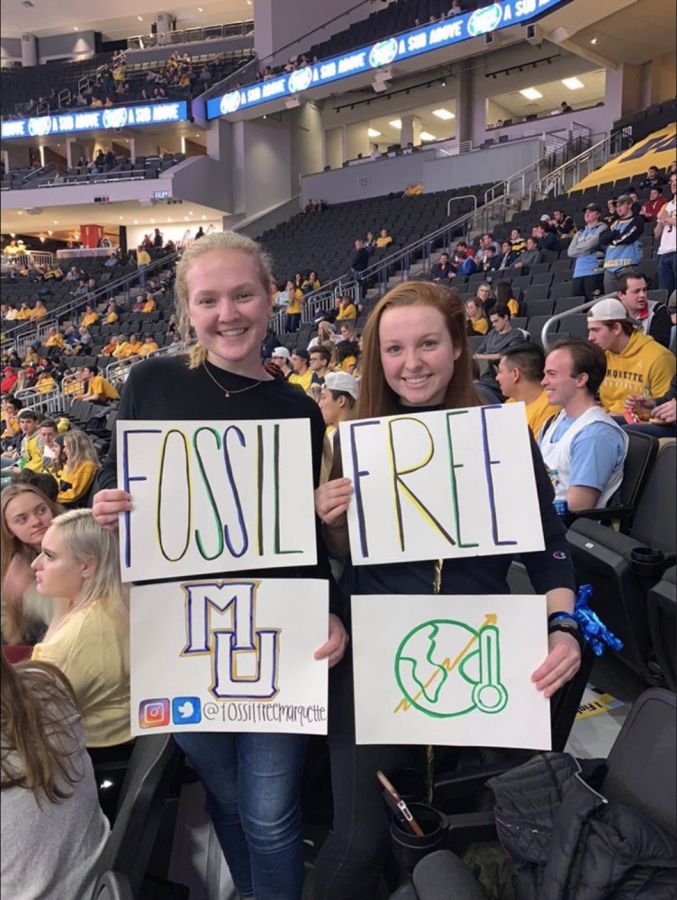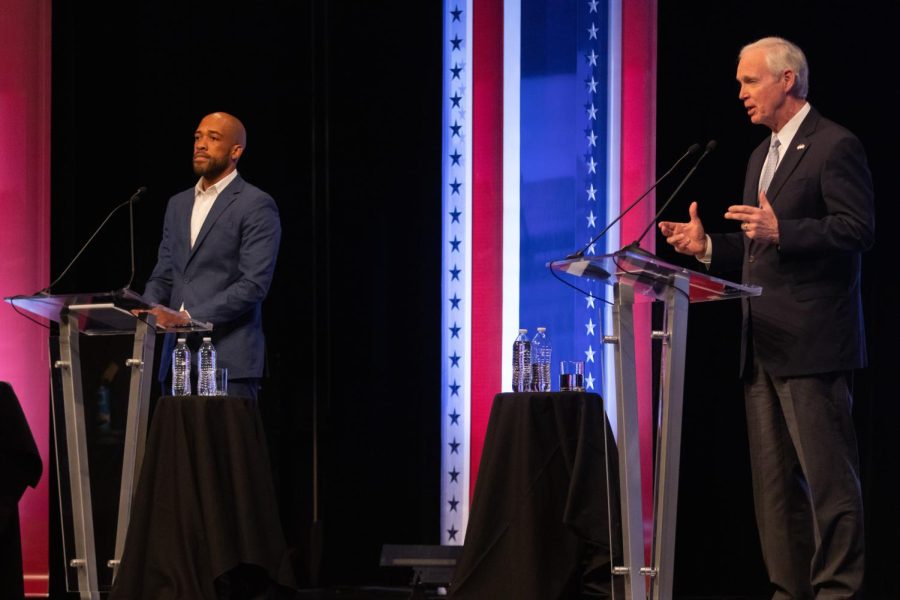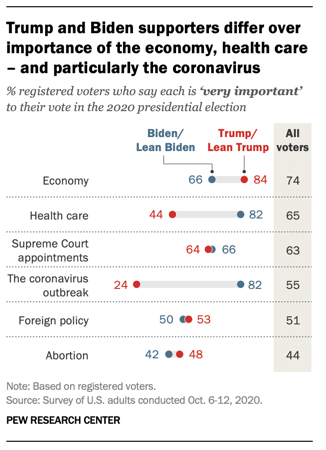Recently, Fossil Free Marquette came out with a Marquette-Divestment-Letter calling the Board of Trustees and President Lovell to take action and divest in fossil fuel engagement in compliance with values and statements made by outside institutions.
Fossil Free Marquette is a student-led organization created in 2019 with the main goal of getting Marquette to divest in fossil fuels and become more transparent in its reporting. Maddie Kuehn, a junior in the College of Art & Sciences is one of the co-founders of Fossil Free Marquette and shared her insights.
“Our biggest goal right now is to get the money out of fossil fuels. But we also want that money to be invested into more renewable sources of energy,” Kuehn said
As for transparency, Kuehn said all the information is there but difficult to find and unless you have time on your hands, it’s impractical.
Kuehn said she has received a lot of support from many different organizations and students. Last spring, Fossil Free had a student referendum. Katie Breck, a senior in the College of Arts & Sciences and president of Marquette University Student Government, goes into more detail about the referendum.
“In the referendum, students were asked to vote on a five-year plan for Marquette University to divest from corporations involved in the fossil fuel industry. The results of the referendum were then presented to the MUSG Senate with Fossil Free Marquette’s recommendation to divest,” Breck said in an email.
The referendum then passed through the Senate and is continuously being addressed. As discussion continues surrounding divestment at Marquette, MUSG will be communicating with University administration and Fossil Free Marquette about the University’s investment strategies as well to discuss next steps to socially responsible investment.
“We went along with our referendum and students were allowed to vote on it. 86.7% of the students who voted were in support of fossil fuel divestment … I feel confident that if you walked up to anyone and asked them about fossil fuel divestment they would know about it,” Kuehn said.
In the letter written by Fossil Free Marquette, it claims that Marquette’s Board of Trustees is violating the Wisconsin law and are breaking away from Jesuit values.
“Climate change is an existential threat to humanity and our environment,” the letter said. “Yet the Board of Trustees has repeatedly refused to apply Marquette’s values to its investment activity.”
The letter claims that around $9 to $18 million of Marquette’s endowment has been invested in fossil fuel stocks. With $5 million in direct investment.
Fossil Free Marquette claims that the university is violating the law of Uniform Prudent Management of Institutional Funds Act which provides guidance on how charitable organizations manage their investments for charitable funds and endowment spending.
Fossil Free Marquette claims that, “continued investment in fossil fuels by the Board of Trustees violates the fiduciary duties spelled out in the Wisconsin Uniform Prudent Management of Institutional Funds Act.”
They also claim that by having investments still in fossil fuel industries it goes against statements made by the Pope and the Vatican, in which they remarked that it is morally and theologically imperative to divest in non-renewable energy.
The points discussed in the letter have been signed and supported by many on campus and outside parties. One of those parties is the Marquette University College Democrats, as they have expressed their support for the cause.
Robert Miller, a junior in the College of Art & Sciences and former chair of College Democrats is a close friend of Kuehn and supporter for Fossil Fuel Divestment.
Miller said participating in local government officials and community movements are simple but effective ways of being involved.
“Some of these projects may seem not as important but for the efficient function of the committee, it’s incredibly important. Every little task does help. And the knowledge gained from that experience will help in combating the climate crisis,” Miller said.
Kevin Conway, university spokesperson, said that Marquette is shifting their holdings to investments in cleaner energy. The endowment also avoids investment managers that are not embracing the transition to carbon neutrality.
“As of June 30, 2021, Marquette University held no direct public equity investments in fossil fuels, such as oil and gas. Total portfolio exposure held in commingled funds and private equity partnerships represents less than 2% of Marquette’s total endowment value,” Conway said in an email.
Miller said that creating these dialogues is an important step in changing the crisis.
“How can everyone get involved and informed? Just talk. You know the saying ‘the truth will set you free’ well the truth about the environment will set us all free. Free from fossil fuels and climate issues,” Miller said.
The issue of fossil fuel divestment is not just on one side of the political spectrum either. Miller said that College Democrats and College Republicans have communicated about the policies. He said the openness between parties makes it more comfortable to talk about climate issues.
Miller said one thing he wants people to take away is to learn and listen to your neighbor.
“You aren’t going to be able to tackle a crisis, without actually learning about the crisis,” Miller said.
One movement that gives Kuehn and Fossil Free Marquette encouragement is Divest Harvard. In September Harvard announced that they would be pulling all their money away from fossil fuel investments. Creighton University has also announced that they would fully divest in fossil fuels within the next 10 years.
As reported in the Harvard Independent, “The trajectory of the Divest Harvard offers insights into how students can directly change one of the most powerful and wealthy institutions in the world.”
Correction: A previous version of this story did not include a university statement on their investment portfolio
The story has been updated to state that as of June 30, 2021 Marquette has no direct public equity investments in fossil fuels
This story was written by Connor Baldwin. He can be reached at connor.baldwin@marquette.edu














